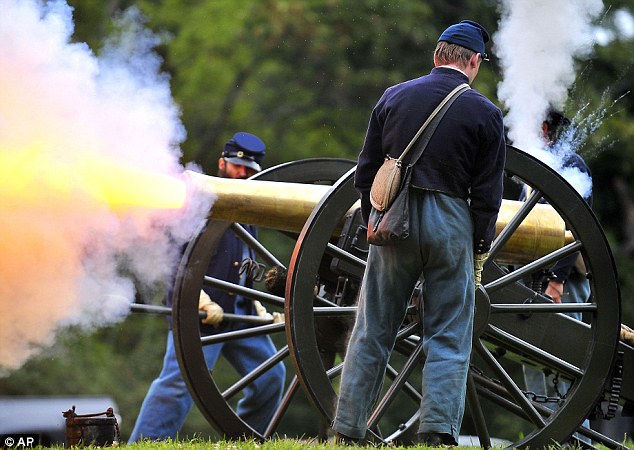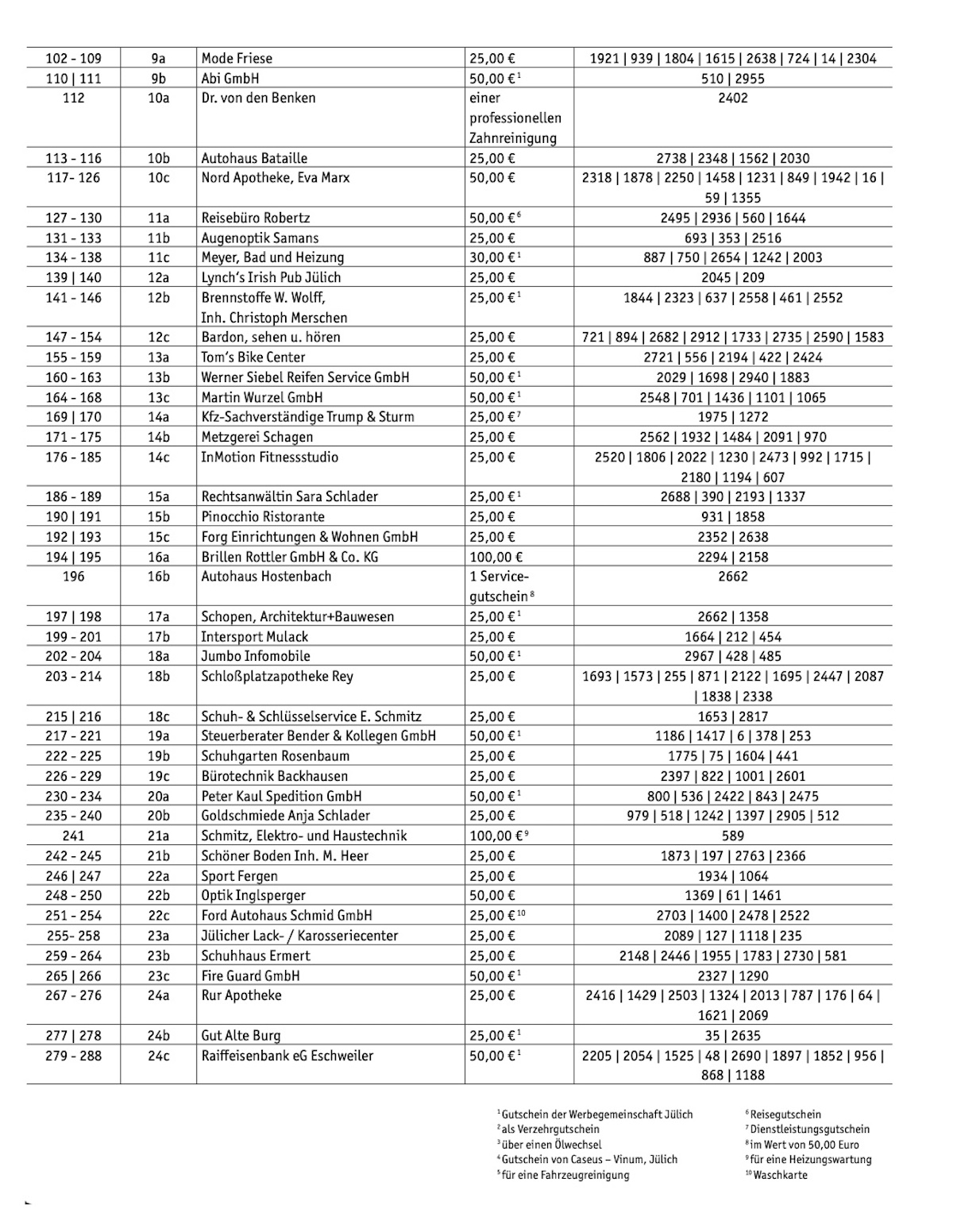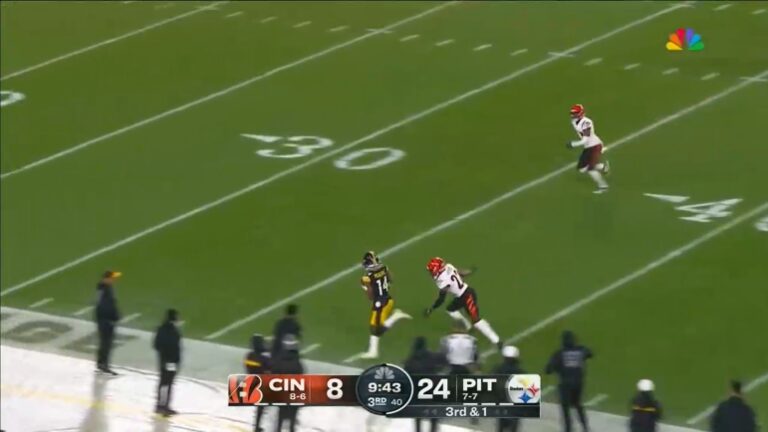What History Teaches Us About Warriors And Blowout Losses

Table of Contents
Ancient Battles and the Aftermath of Blowout Losses
The Impact of Decisive Defeats on Empires
History is littered with examples of decisive defeats that reshaped the course of empires. The consequences of these blowout losses extended far beyond the immediate battlefield. Consider:
- Cannae (216 BC): Hannibal's devastating victory over the Romans resulted in the loss of thousands of Roman soldiers and significantly altered the power dynamic in the Second Punic War, almost bringing the Roman Republic to its knees. The strategic implications reverberated for years.
- Battle of Carrhae (53 BC): This catastrophic Roman defeat at the hands of the Parthians led to significant territorial losses, a major blow to Roman prestige, and impacted Roman military doctrine for decades to come. The sheer scale of the loss deeply affected Roman morale.
- The Battle of Alesia (52 BC): Julius Caesar's siege and subsequent victory over Vercingetorix and the Gallic forces marked a decisive end to organized Gallic resistance. While a victory for the Romans, the battle highlighted the potential for significant losses even for the eventual victor, showcasing the brutal nature of ancient warfare and the high stakes involved in decisive battles.
Keyword Integration: decisive defeat, empire collapse, military strategy failures, ancient warfare.
Bullet Points: The long-term consequences of these losses included:
- Territorial losses and shifts in geopolitical power.
- Significant economic repercussions due to lost manpower and resources.
- Internal strife and political instability as leadership was questioned and challenged.
- Changes in military doctrine and strategic approaches to warfare.
Analyzing Strategic Errors Leading to Blowout Losses
Many of these historical blowout losses stemmed from identifiable strategic errors. These are crucial lessons to learn:
- Underestimation of the enemy: Often, a lack of thorough intelligence gathering or a biased assessment of the enemy's capabilities led to significant miscalculations. Hannibal's tactical brilliance at Cannae caught the Romans completely off guard.
- Poor logistics: Inadequate supplies, poor communication, and logistical failures weakened armies and left them vulnerable to decisive defeats. The long supply lines of the Roman army proved problematic in several campaigns.
- Flawed tactics: Rigid adherence to outdated strategies or a failure to adapt to changing battlefield conditions frequently resulted in catastrophic losses. The Roman legions' traditional formations proved ineffective against Hannibal's innovative tactics at Cannae.
Keyword Integration: strategic errors, tactical blunders, military analysis, battlefield strategy.
Bullet Points: Specific examples of strategic flaws include:
- Hannibal's use of double envelopment at Cannae, exploiting Roman rigidity.
- The Parthian cavalry's devastating effectiveness against Roman legions at Carrhae.
- Vercingetorix's initial success in Alesia, hampered by later tactical mistakes.
Sports History and the Psychology of Blowout Losses
The Mental Toll on Athletes and Teams
Blowout losses in sports carry a significant psychological impact. The effects can be devastating:
- Loss of confidence: A crushing defeat can erode an athlete's self-belief and hinder their performance in subsequent games. The "Miracle on Ice" saw the underdog US team triumph over a heavily favored Soviet team, illustrating the psychological impact of a shocking upset.
- Team morale issues: Blowout losses can fracture team unity, leading to internal conflicts and a decline in overall performance. Many championship games have witnessed such drastic shifts in momentum.
- Internal conflicts: The pressure of defeat can exacerbate existing tensions within a team, leading to finger-pointing and a breakdown in communication.
Keyword Integration: athlete psychology, team dynamics, sports psychology, mental resilience, confidence building.
Bullet Points: Examples include:
- The impact of unexpected upsets in major championship series.
- The psychological toll on athletes after significant injuries sustained during a blowout loss.
- The role of coaching in rebuilding team confidence after a major defeat.
Comebacks and Lessons in Resilience
Despite the crushing nature of blowout losses, history also provides inspiring examples of teams and athletes overcoming significant defeats to achieve later success.
- The New York Yankees' 1977 Season: Bouncing back from a significant mid-season slump to win the American League East.
- The Boston Red Sox overcoming the Curse of the Bambino: Their victory in the 2004 World Series after 86 years of disappointment exemplifies resilience.
Keyword Integration: comeback stories, resilience in sports, overcoming adversity, motivational strategies, team recovery.
Bullet Points:
- Strategies implemented to overcome setbacks, such as coaching changes, roster adjustments, and renewed focus on training.
- The importance of positive reinforcement, team unity, and a focus on the future.
- The value of post-mortem analysis of past failures in preventing future losses.
Lessons Learned: From Defeat to Victory
Adaptability and Strategic Adjustments
The ability to adapt strategies and tactics in the face of setbacks is crucial for success. A rigid adherence to a failing plan guarantees further defeat. Studying historical examples allows us to learn how to adjust strategies to suit the changing landscape.
The Role of Leadership and Team Cohesion
Strong leadership and team unity are essential in mitigating the negative effects of defeat. Leaders who inspire confidence, foster teamwork, and facilitate effective communication can help teams to recover from losses and move forward.
The Power of Post-Mortem Analysis
Objective assessment of failures is vital in preventing future blowout losses. A thorough analysis of what went wrong, free from blame and focused on solutions, provides invaluable learning opportunities.
Keyword Integration: strategic adaptation, leadership qualities, team building, post-game analysis, lessons learned.
Conclusion
Throughout history, warriors – whether on the battlefield or the playing field – have experienced the sting of blowout losses. Analyzing these defeats, however, reveals invaluable lessons about resilience, strategic planning, and the human spirit. By studying the strategic errors, psychological impacts, and subsequent comebacks, we can gain a deeper understanding of how to overcome adversity and achieve success. Don't let a single setback define your journey; learn from historical examples of warriors who faced blowout losses and emerged stronger. Use the insights from this analysis to build your own resilience and forge a path to victory. Analyzing past blowout losses is key to avoiding future ones.

Featured Posts
-
 Nationals Robles Injured After Spectacular Catch In Oracle Park
May 07, 2025
Nationals Robles Injured After Spectacular Catch In Oracle Park
May 07, 2025 -
 Indonesia Plant Expansion Catl Seeks 1 Billion Loan
May 07, 2025
Indonesia Plant Expansion Catl Seeks 1 Billion Loan
May 07, 2025 -
 Lotto 6aus49 Ergebnis Mittwoch 9 4 2025 Alle Gewinnzahlen Im Ueberblick
May 07, 2025
Lotto 6aus49 Ergebnis Mittwoch 9 4 2025 Alle Gewinnzahlen Im Ueberblick
May 07, 2025 -
 Pittsburgh Steelers Announce Decision On Top Wide Receiver
May 07, 2025
Pittsburgh Steelers Announce Decision On Top Wide Receiver
May 07, 2025 -
 Nba Playoffs Hardens 39 Points Carry Clippers To Victory Against Warriors
May 07, 2025
Nba Playoffs Hardens 39 Points Carry Clippers To Victory Against Warriors
May 07, 2025
